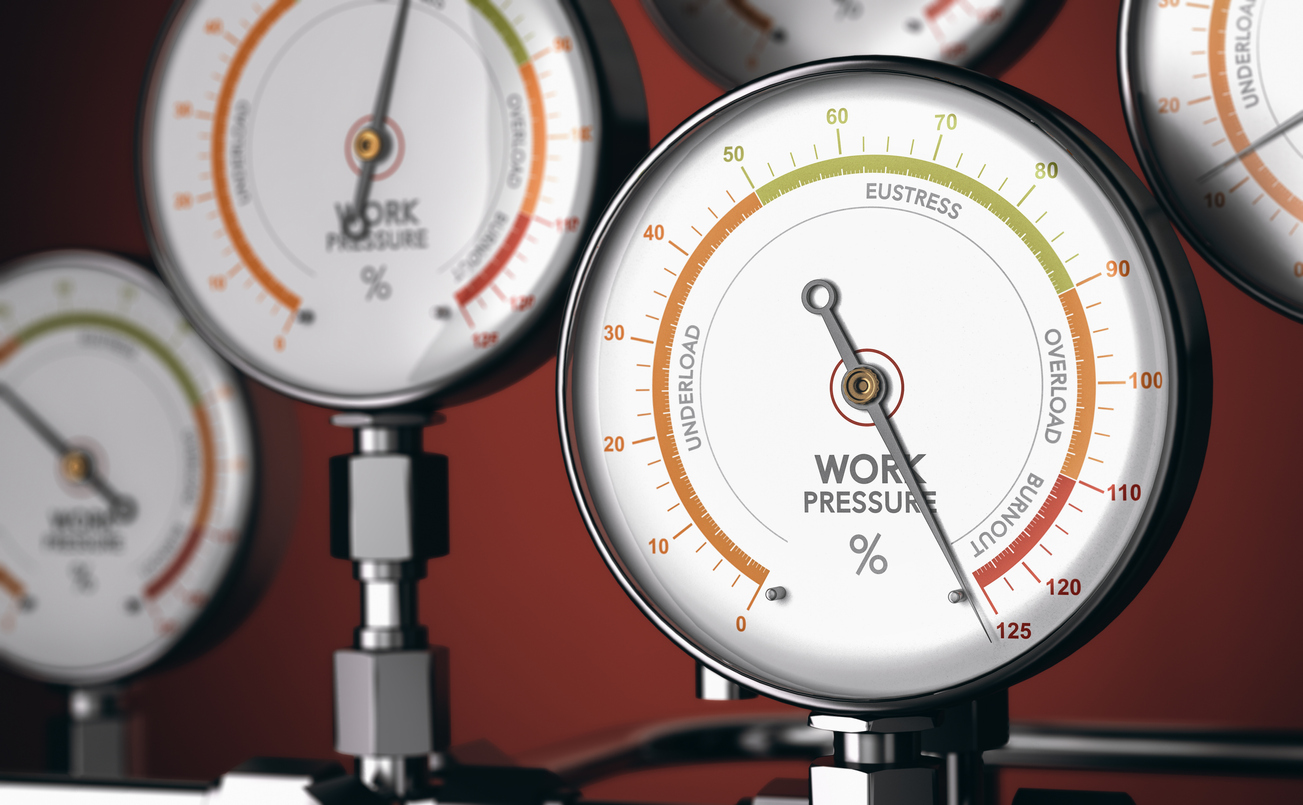Solutions

MDsyncNET’s cloud-based software reduces inefficiencies, delivers immediate results, and maximizes ROI.
WHO WE SERVE

MDsyncNET delivers right-sized software to healthcare organizations in a variety of environments.

Have you gone from climbing the corporate ladder to wishing you could jump off the top rung? Are you feeling exhausted, unmotivated, and stressed at work? These are signs of being burnt out at work, and they’re not symptoms to ignore. Professional burnout affects not only your job performance, but your health too.
According to Stanford University, workplace stress contributes to 120,000 deaths annually, and increases your risk of physical and mental health problems. If you want to keep earning an income and enjoying your health into the future, taking workplace stress seriously is a must.
Here are three ways to deal when work is burning you out.
High demands at work and low job control are leading stressors contributing to being burnt out at work and stress-related health problems. If your higher-ups are constantly piling on responsibilities and micromanaging, you end up running yourself ragged trying to keep them happy while feeling like you’re not accomplishing much at all.
No one wants to say they can’t handle the workload, and luckily, you don’t have to: Demanding jobs aren’t themselves damaging. The issues emerge when you have a ton on your plate but lack the autonomy to decide how and when you accomplish it.
Push back against micromanagement by scheduling a sit-down with your higher-up. Your goal is to clarify their expectations and reconcile them with your job description. If you’re being asked to do work outside your domain, talk priorities to figure out which tasks really matter and which can wait or be delegated. If constant checking-in interrupts your workflow, set a schedule for touching base on projects, and then stick to it. When they feel like you’re both on the same page, they’re less likely to micromanage.
Are you neglecting the “life” part of work-life balance? If you’re not relieving stress outside the workplace, you’ll have a harder time coping with problems at work.
Instead of collapsing on the couch after a long day at work, do things that relax and fulfill you. Exercise, meditation, and spending time with friends and family are excellent stress-relievers. Carve out time for hobbies, too. Not everyone has a job that inspires them, but by pursuing your interests outside of work, you make it easier to cope with a stress-inducing job.
Sometimes, being burnt out at work has nothing to do with long hours or overbearing higher-ups and everything to do with a career that’s the wrong fit. If you dread going to work in the morning and watch the clock all day long, you don’t need a vacation — you need a career change.
Not sure what your next move should be? Many professionals who are burnt out switch to a field where they get to make a difference — and not just for shareholder dividends. There are many opportunities for meaningful work, but if you feel called to help others, consider one of these fast-growing fields:
Coping with workplace stress is sometimes as simple as having a conversation with your higher-up. Other times, it calls for more drastic measures. But whether your problem is an overly-demanding job or the wrong job, it’s important to take career dissatisfaction seriously. By taking the appropriate steps to avoid burnout, you protect your health and your career.
Julie Morris is a life and career coach who strives to help others live the best lives that they can. She spent years in an unfulfilling career in finance before deciding to help people in other ways. She’s living this passion in part by her site http://juliemorris.org/

© 2022 All Rights Reserved. MDSYNCNET | Privacy Policy & Terms and Conditions